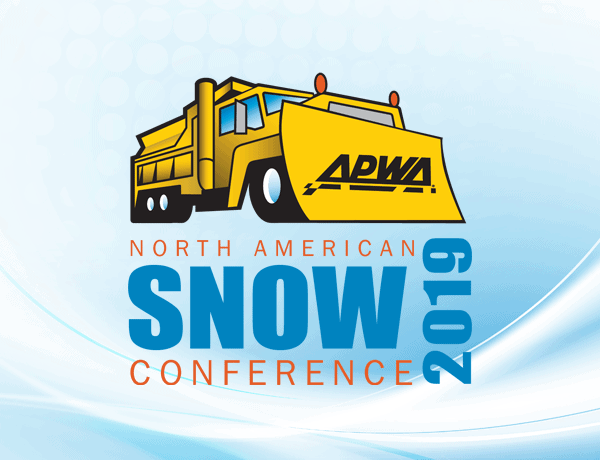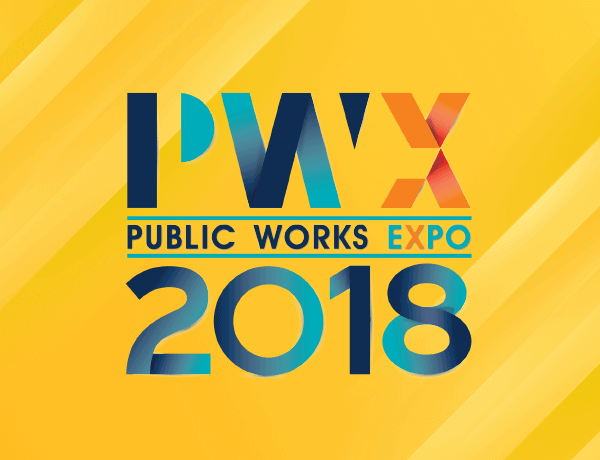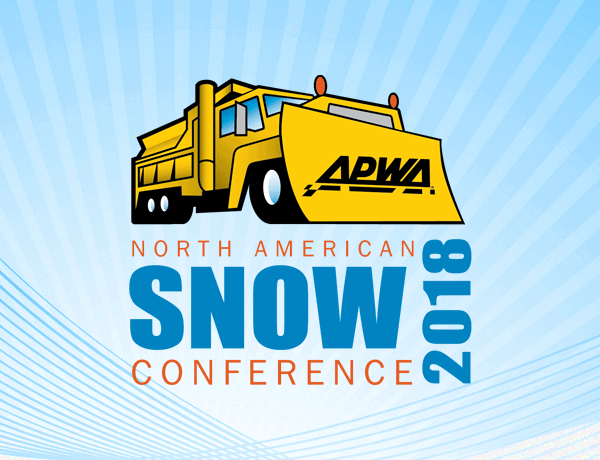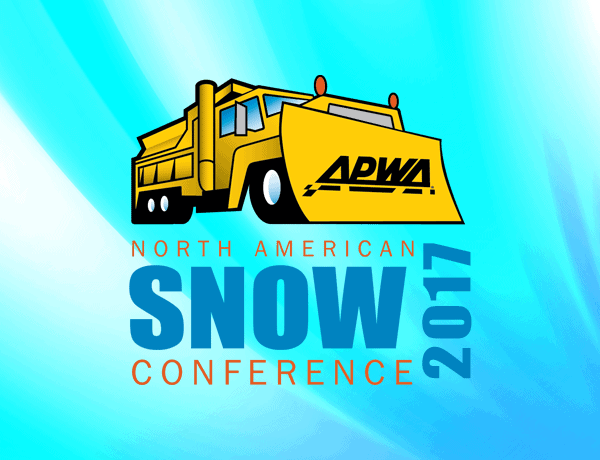Video
Part of a series of free virtual briefings focused on advocacy and APWA’s policy priorities, this session focuses on emergency management policy. APWA Government Affairs Manager Marty Williams provides a legislative update, overviews APWA’s emergency management policy priorities, and gives insight into how APWA members can get involved in critical advocacy efforts.
Speaker:
Marty Williams
To switch from dry material (sand or salt) usage to pre-wet salt and liquid anti-icing applications, several factors need to be considered: the type of equipment needed for pre-wetting and liquids application; approaches for staff training regarding the benefits of liquids and overcoming the “we’ve always done it this way” attitude; and the environmental impacts and benefits of using liquids.
Read MoreHosted by APWA’s Fleet Services Committee
This session features Fleet professionals in open discussion about the current trends, challenges, and solutions in fleet management practices. Discover what resources are available to help you meet today’s challenges and share your expertise with your colleagues.
As the complexity and diversity of fleet and winter maintenance equipment grows, the need for qualified fleet technicians does as well. Years ago, the APWA Kansas City Metro Chapter established a fleet technician competition to recognize their role in public works and winter maintenance operations. This competition helps foster excellence in job performance and provides an opportunity for the fleet technician competitors to network and share knowledge about methods they have not encountered before. Discover how your chapter or agency could set up a similar event.
Read MoreThe City of Dubuque, Iowa, incorporated new technology in their snow and ice control operations including the use of anti-icing, multi-edged plows, AVL, and a CNG-powered snow and ice control truck.
Read MoreIn citizen surveys among cities nationwide, similar to Bloomington in size and demographics, the City of Bloomington ranked #1 in 2012, #2 2013, and #1 in 2014 for resident satisfaction in snow and ice control.Bloomington is proud of the fast response and results that are the product of the team work and support of all public works employees.Learn about the best practices, materials, and technologies they use.
Learning Objectives:
– Increase your level of winter maintenance service.
– Analyze equipment and material usage for your winter maintenance program.
– Build an effective snow and ice program and get staff buy-in for the practices you use.
Read MoreThe fleet industry has seen massive change over the last 10 years and continues to evolve. We are flooded with new technology, regulations, fuel types and sustainability efforts that have all become mainstream in repair shops. These changes, along with the retirement of baby boomers and an overall lack of new talent entering the hiring pool, are creating challenges when trying to staff a fleet department with technicians, supervisors and managers. This discussion offers strategies that are working for other agencies in attracting, compensating and retaining fleet technicians, supervisors and managers. Use this information to compare your team to other government agencies and the private sector.
Learning Objectives:
– Present strategies for development of fleet staff job descriptions that accurately represent current responsibilities in today’s job market.
– Attract and retain fleet staff.
– Communicate the value of professional fleet management in an organization and the need for ongoing training to remain competitive in today’s job market.
Read MoreThroughout North America, agencies are under pressure to maintain or increase winter maintenance performance with reduced or stagnant funding. In the face of declining maintenance budgets, it's imperative to ensure that capital works projects created to preserve and modernize infrastructure are designed for the unique needs of winter maintenance professionals. Design requirements such as the Americans with Disabilities Act and initiatives such as Complete Streets and Green Infrastructure, have the potential to introduce features that can make winter maintenance efforts inefficient, but capital funding can also provide a tremendous opportunity to benefit winter maintenance activities in the long term.This presentation provides some tools for building trust and credibility with planners and engineers working on capital projects to increase the likelihood of positive impacts to snow and ice control.
Learning Objectives:
– Identify opportunities for capital projects to benefit winter maintenance activities.
– Recognize common elements of capital projects that can present challenges for snow and ice plans and possible ways to mitigate the impacts.
– Advocate for winter maintenance considerations on capital projects.
Read MoreHow do Public Works organizations in the southeast prepare for the worst when we are given the minimal amount of equipment and resources?Our locale puts us in an environment where we may battle snow, snow and ice, or just ice during the same event, which can have a detrimental effect on our economy and our infrastructure. Forecasting for the area is troublesome, a change in the temperature by 1 to 2 degrees can have you struggling to clear the streets (looking incapable), or left with crews looking at each other (inept). This session will showcase the challenges of fighting snow/ice in the southeastern regions of the US and discuss how we deal with the ongoing struggle to maintain a positive impression with the general public.
Learning Objectives:
– Examine how to make confident decisions when planning questionable weather events.
– Discuss how to develop training and scheduling procedures for short term events.
– Collect forecasts from several sources to make informed decisions.
Read MoreMany public works agencies in North America have achieved APWA Accreditation. Representatives from several of these agencies will share not only the efforts it took to be successful but also the benefits they have reaped since completing the process. It's all about what you are doing well and what you can do better.
Read More




